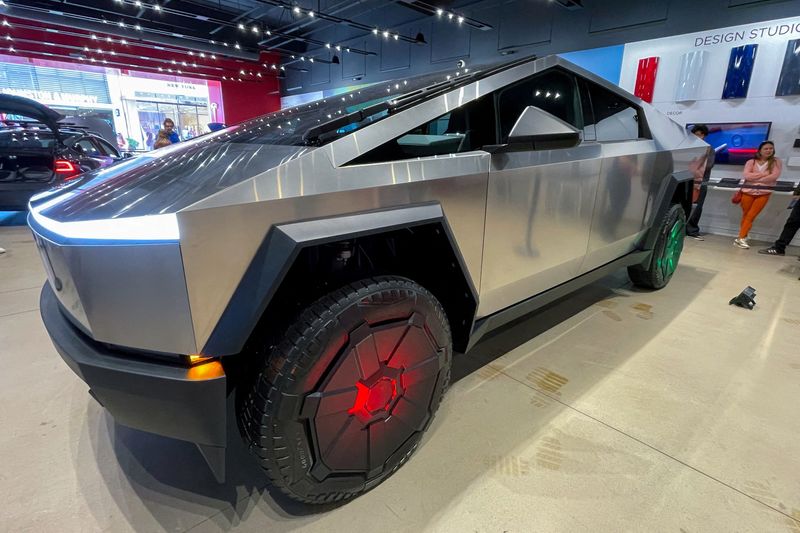Many electric vehicles lost eligibility for tax credits of up to $7,500 after new battery sourcing rules took effect on Monday, including the Nissan Leaf, Tesla Cybertruck All-Wheel Drive, some Tesla Model 3s and Chevrolet Blazer EV, the U.S. Treasury said.
The Treasury issued guidelines in December detailing new battery sourcing requirements aimed at weaning the U.S. electric vehicle supply chain away from China. They took effect on Monday.
The number of EV models qualifying for U.S. EV tax credits fell from 43 to 19. Those figures include different versions of the same vehicle type. Treasury said some manufacturers have yet to submit information on eligible vehicles, which could lead to changes in the list.
…
The 2022 Inflation Reduction Act law reformed the EV tax credit, requiring vehicles to be assembled in North America to qualify for any tax credits, eliminating nearly 70% of eligible models at the time.
Rebates on new cars are just handouts to the big corporations, anyway. I’d much prefer no blanket rebates on any cars in favor of a system that focused on getting discounts for the poor/working class. (Well, public transit and micromobility would be even better, but that’s a different story).
For anyone who thinks getting the % of EVs up is more important than being fair, you’re wrong. It’s more environmentally friendly to continue to drive an already owned ICE car till it can’t be repaired to drivable condition anymore than it is to swap out a working ICE car for a new EV.
The poor often don’t get new cars until they are forced to (i.e, a crash or conplete breakdown), so you’ll likely get more environmental (and social) bang for your buck by focusing public spending on them.
The poor should sit at home.



